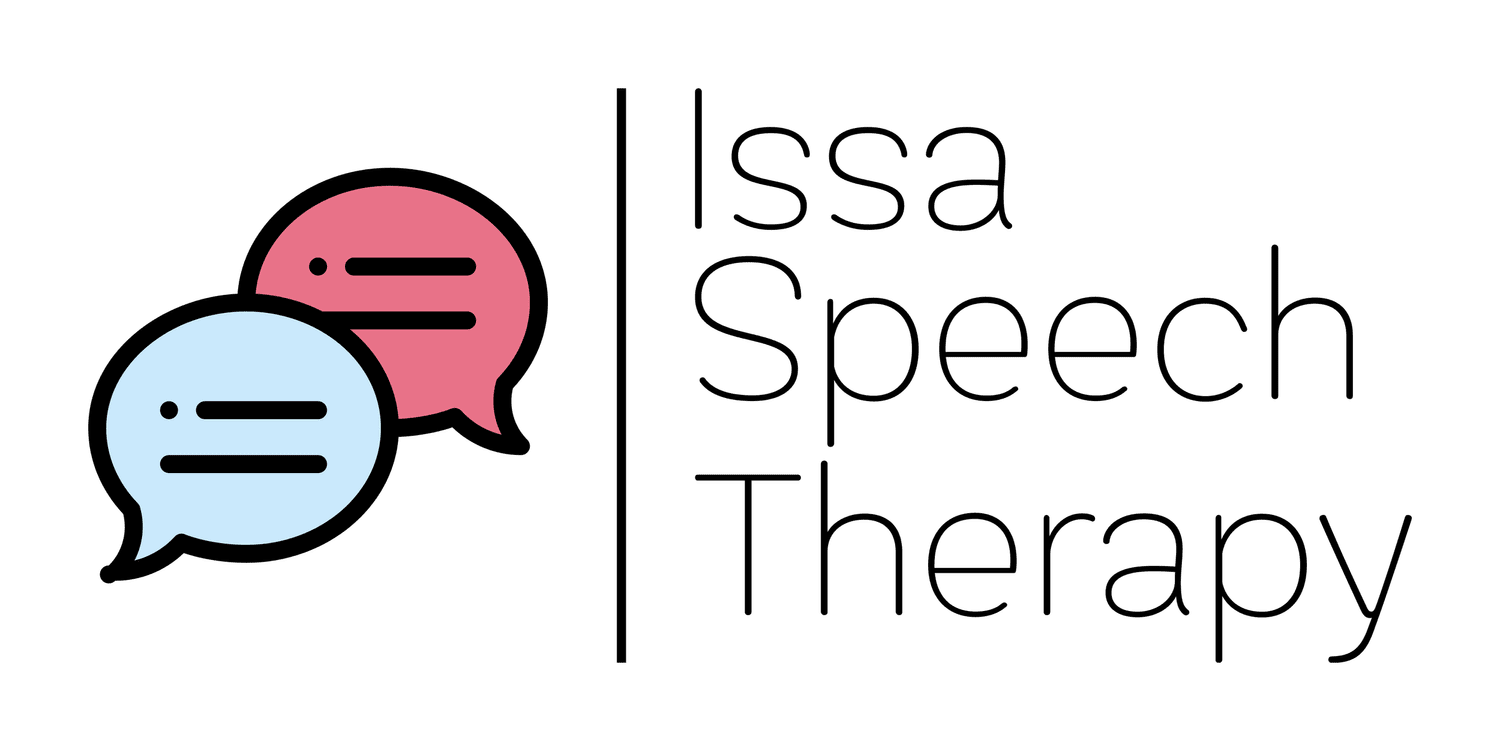
Speech and Language Milestones for Infants (0-12 Months)
Here are the Speech and Language Milestones for Infants (0-12 Months), based on the American Speech-Language-Hearing Association (ASHA)'s guidelines:

0-3 Months:
Makes cooing sounds and gurgles.
Cries differently for different needs (hunger, discomfort, tiredness).
Reacts to sudden or loud noises by blinking, startling, or becoming quiet.
Turns head toward sounds and voices.
Begins to recognize familiar voices, especially of parents and caregivers.
4-6 Months:
Laughs, squeals, and makes more vowel sounds (e.g., "ah," "eh," "oh").
Babbling begins with repetitive consonant-vowel combinations (e.g., "bababa," "dadada").
Vocalizes to get attention or express pleasure.
Shows interest in conversations and may respond with vocalizations.
Begins to imitate some sounds or gestures.
Starts to recognize and respond to their name.

7-9 Months:
Babbling becomes more complex with varied intonation and rhythm.
Uses a wider range of sounds and may include some early consonant sounds (e.g., "m," "b," "d").
Uses vocalizations and gestures to express wants and needs.
Responds to simple commands or requests (e.g., "wave bye-bye," "come here").
Begins to understand simple words and phrases (e.g., "no," "bye-bye").
Starts to engage in back-and-forth vocal turn-taking during interactions.
10-12 Months:
Uses gestures (e.g., pointing, waving) to communicate.
Says a few simple words with meaning (e.g., "mama," "dada").
Attempts to imitate words or sounds.
Responds to simple questions or commands (e.g., "Where's your toy?").
Understands common objects and familiar people's names.
Uses inflections and tone of voice to convey different meanings.
When to Consider Speech Therapy for Infants (0-12 Months)?
As a parent, it's natural to be attentive to your child's development, including their speech and language skills. While it's true that infants go through a wide range of milestones at their own pace, there are certain signs that may indicate the need for early intervention. We'll explore when it's appropriate to consider speech therapy for infants aged 0-12 months, ensuring that you have the information you need to make informed decisions about your child's communication development.
Limited or Absent Babbling: Babbling is an important stage in an infant's speech development. By six months, babies should typically start babbling repetitive consonant-vowel combinations, such as "bababa" or "dadada." If your child shows minimal or no babbling sounds by this age, it may be worth consulting with a speech-language pathologist for an evaluation.
Lack of Social Engagement: Infants are naturally social beings and should demonstrate an interest in engaging with their caregivers. If your child does not respond to their name, show interest in conversations, or engage in back-and-forth vocal turn-taking by nine months, it could be a potential indicator of delayed communication skills.
Limited Gestures and Nonverbal Communication: Babies use gestures, such as pointing or waving, as a means of communication before they acquire spoken language. If your child exhibits a lack of gestures or struggles to convey their needs through nonverbal means, it might be beneficial to seek professional guidance.
Difficulty with Feeding or Swallowing: Speech therapy can also address difficulties related to feeding and swallowing. If your infant experiences challenges with breastfeeding, bottle-feeding, or transitioning to solid foods, it is important to consult with a speech-language pathologist who specializes in feeding therapy.
Family History or Concerns: If there is a family history of speech or language disorders or if you have specific concerns about your child's communication skills, don't hesitate to seek professional advice. Early intervention is key, and speech therapy can help address potential issues and promote healthy development.
Remember, every child is unique, and variations in speech and language development are normal. However, if you notice persistent delays or concerns in your child's communication abilities, please contact us here. We will be able to assess your infant’s specific needs, provide expert guidance, and, if necessary, recommend appropriate speech therapy interventions tailored to your infant’s age and developmental stage.
By being proactive and seeking early intervention when needed, you are giving your infant the best opportunity to reach their full communication potential. Your supportive role as a parent, combined with the expertise of our speech-language pathologist at Issa Speech Therapy, can make a significant difference in your infant’s speech and language development journey.
Questions before getting started?

